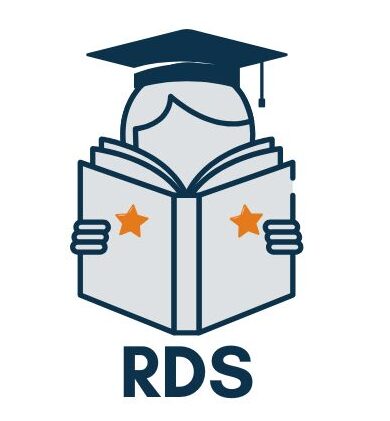Coursera
Explore thousands of online courses from top universities and companies. Flexible scheduling, certificates, and all levels welcome. Earn official credentials at your pace.
Coursera is a major online learning platform, bringing together over 24,000 courses from leading universities and organizations. Its offerings span fields like computer science, business, art, science, engineering, and more. Courses vary in commitment, ranging from an hour to weeks of study, and many offer certificates upon completion. Prerequisites depend on the course, but options exist for beginners as well as advanced learners.
How to Get Started with Coursera
- Create a free Coursera account
- Browse courses or filter by category, level, or language
- Select a course and review its outline and requirements
- Enroll in your chosen course (choose either the free option or a paid certificate)
- Start learning at your own pace and track your progress
Advantages of Coursera
Coursera partners with renowned universities and organizations, ensuring both course quality and credibility for your credentials. Their library is expansive, covering nearly every interest or career goal.
Another big plus is flexibility. You can choose self-paced courses that fit your schedule, and many offer free auditing. Courses also frequently include community forums for additional support.
Disadvantages of Coursera
Some courses are paid, and the cost of certificate or specialization programs can add up quickly. Free courses often lack graded assignments or official certification.
Additionally, the wide variety of courses can be overwhelming for newcomers, and course quality may vary between providers—not all are at the same standard.
Final Verdict
Coursera offers broad, flexible, and quality online learning accessible to virtually everyone. It stands out for its partnerships and diversity of subjects, despite minor drawbacks like costs and course variability. Highly recommended for personal or professional growth.
